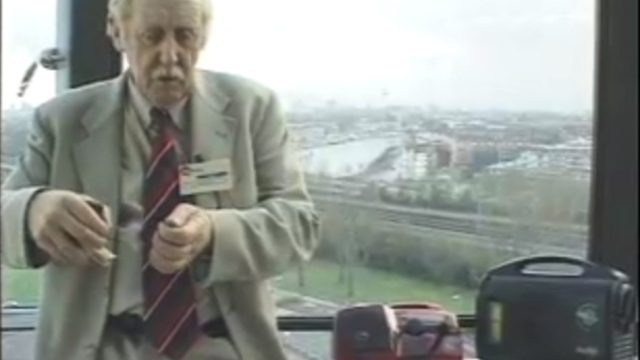Media Squares: On the new forms of protest and their media
International public seminar and evening screening program on the recent outbursts of social protest and their media strategies, hosted by De Balie, centre for culture and politics in Amsterdam, Friday September 30, 2011.

